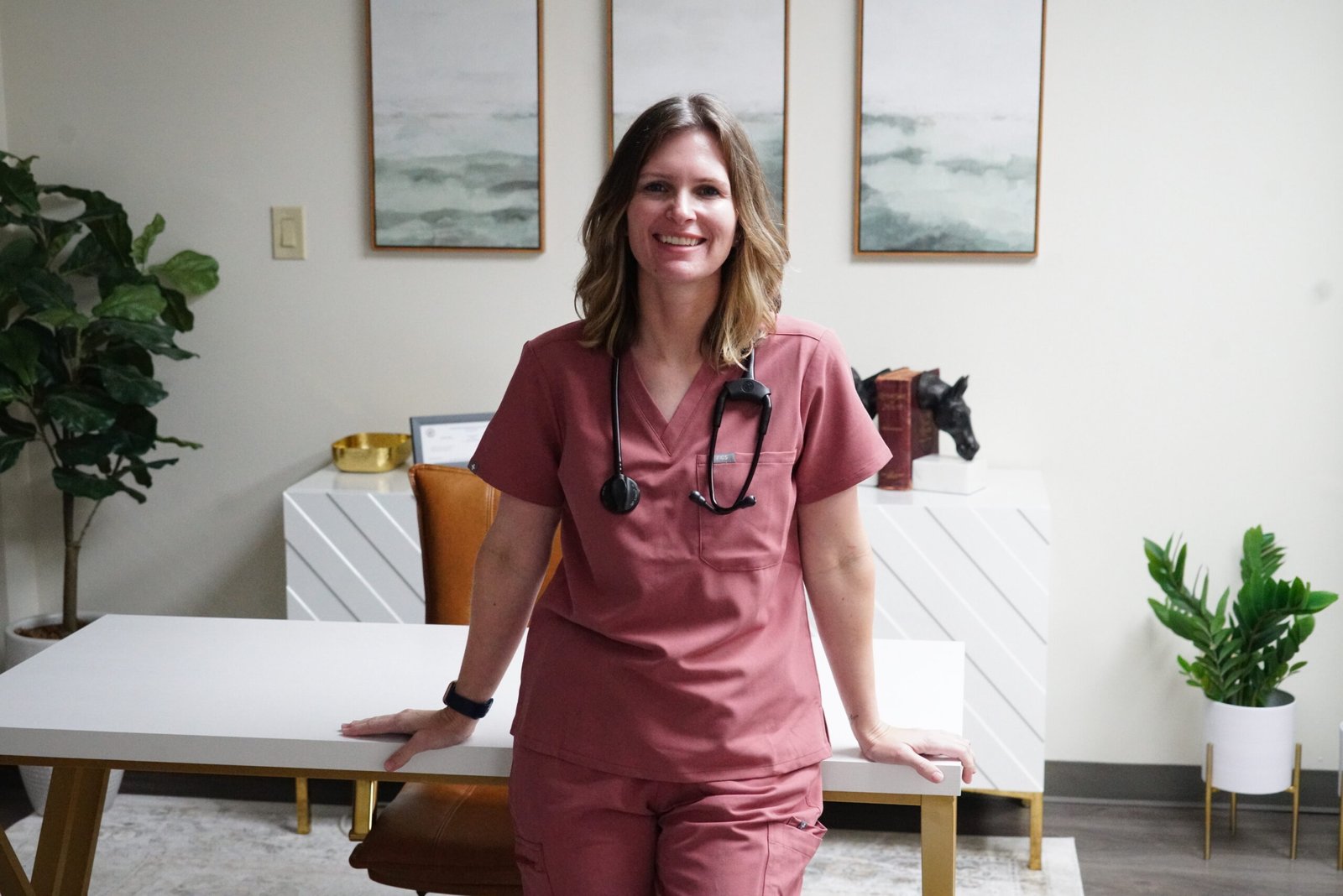Preventative healthcare is a proactive approach to health that focuses on preventing illness before it occurs, rather than simply managing diseases once they develop. This type of care emphasizes maintaining overall health and avoiding chronic conditions such as heart disease, diabetes, and certain cancers through regular screenings, vaccinations, lifestyle changes, and health education. The goal of preventative healthcare is to reduce the burden of disease, improve quality of life, and decrease healthcare costs over time.
Why is Preventative Healthcare Important?
Preventative healthcare is widely recognized as essential for improving public health outcomes and reducing the financial burden of healthcare systems worldwide. According to the Centers for Disease Control and Prevention (CDC), nearly 90% of the nation’s healthcare costs are for people with chronic and mental health conditions, many of which could be prevented through early intervention (CDC, 2022). By focusing on prevention, individuals can live longer, healthier lives and minimize the need for costly treatments for preventable conditions.
- Early Detection of Diseases: Many diseases, including cancers and chronic conditions like hypertension or diabetes, may not present obvious symptoms in their early stages. Routine screenings, such as mammograms, colonoscopies, and cholesterol tests, allow healthcare providers to detect potential issues before they become severe. Early detection can lead to more effective treatments and better outcomes (National Institutes of Health, NIH).
- Lifestyle Management: Preventative healthcare encourages healthy behaviors such as regular physical activity, healthy eating, and managing stress. According to the World Health Organization (WHO), unhealthy lifestyles are one of the leading contributors to chronic diseases. A balanced diet, regular exercise, and avoiding smoking or excessive alcohol can significantly reduce the risk of developing conditions like heart disease, stroke, and certain cancers (WHO, 2020).
- Health Education: Preventative healthcare includes education about healthy practices and the importance of regular health check-ups. The American Medical Association (JAMA) reports that well-informed individuals are more likely to engage in healthy behaviors and seek regular screenings, ultimately reducing their risk of developing serious health conditions (JAMA, 2021).
Key Components of Preventative Healthcare
- Screenings and Health Check-ups: Regular health screenings are critical for detecting diseases early. This includes tests for high blood pressure, cholesterol, blood glucose, cancer, and other potential health risks. For example, colorectal cancer screening has been shown to reduce cancer-related mortality by detecting cancer early when treatment is more effective (NIH, 2021).
- Vaccinations: Immunizations are a key component of preventative care, helping protect individuals from infectious diseases. The CDC emphasizes the importance of vaccines like the flu vaccine, HPV vaccine, and others, which prevent disease outbreaks and protect vulnerable populations (CDC, 2021). Vaccines not only prevent personal illness but also help protect communities through herd immunity.
- Lifestyle Modifications: Preventative healthcare promotes making healthy lifestyle choices, such as maintaining a healthy weight, eating nutritious foods, staying physically active, and reducing stress. According to a study published in the New England Journal of Medicine, lifestyle changes can reduce the incidence of diabetes and heart disease by up to 60% in high-risk individuals (NEJM, 2019).
- Mental Health: Mental health is equally important in the realm of preventative care. Addressing mental health early through counseling, stress management, and social support can prevent the development of serious mental health issues like depression and anxiety. The NIH highlights that improving mental health care can lead to significant reductions in healthcare spending and improved quality of life (NIH, 2020).
How Preventative Healthcare Benefits You
Investing in preventative care has far-reaching benefits. According to the CDC, every dollar spent on immunizations and preventative health screenings saves between $3 and $10 in treatment costs down the line. Furthermore, preventative healthcare helps individuals maintain physical, mental, and emotional well-being throughout their lives, avoiding unnecessary medical procedures and improving overall productivity and quality of life.
By prioritizing preventative healthcare, individuals can reduce the risk of developing chronic conditions, lower healthcare costs, and increase their chances of living a longer, healthier life.
At Everwell Health Solutions, we are committed to helping you stay ahead of potential health issues through personalized care that emphasizes prevention. We provide regular check-ups, support for healthy lifestyle changes, and education to keep you on the path to wellness. Let us help you achieve optimal health today for a brighter, healthier future.
If you would like to discuss this, schedule a free consultation or appointment with Everwell Health Solutions: https://everwellhealthsolutions.akutehealth.com/appointments.
Sources:
- Centers for Disease Control and Prevention (CDC). (2022). Chronic Diseases in America. Retrieved from CDC website.
- National Institutes of Health (NIH). (2021). Preventive Health Services. Retrieved from NIH website.
- World Health Organization (WHO). (2020). Noncommunicable Diseases. Retrieved from WHO website.
- American Medical Association (JAMA). (2021). Prevention and Early Detection of Chronic Diseases. Retrieved from JAMA website.
- New England Journal of Medicine (NEJM). (2019). Lifestyle Changes and Chronic Disease Prevention. Retrieved from NEJM website.


